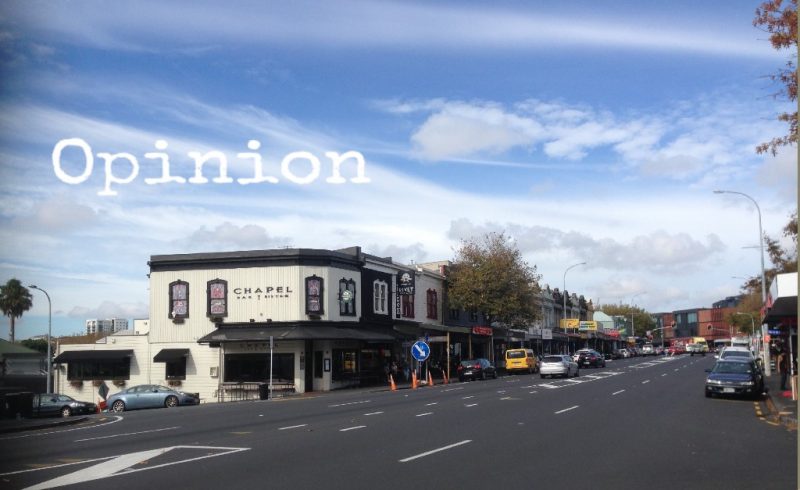In December 2009, a current National Member of Parliament sent a handwritten Christmas card to Caritas Aotearoa New Zealand, which said: “Thank you for your letter . . . urging me to vote against the Easter Trading Bill, which was narrowly defeated in Parliament last night. I share your concerns on this issue and did indeed cast my vote against the measure.”

Julianne Hickey
Last night (June 28, 2016) that MP, along with several other National MPs with long records of voting against extending Easter trading hours, was not present in Parliament. However, their votes were recorded as proxy votes for the Shop Trading Hours Amendment Bill, the current proposal which would allow local authorities to set by-laws allowing trading on one of New Zealand’s remaining 3.5 shop-free days. That is because National members agreed to vote along party lines, despite a long history of conscience votes on this issue.
Conscience votes are a significant constitutional safeguard against forcing Members of Parliament to vote along party lines on ethical issues which transcend party politics. Easter trading has long been treated as one of those issues, and this was recognised by the Speaker in the votes on both the first and second readings of the current bill.
In 1997, when Labour proposed to vote on party lines on the Shop Trading Hours Act Repeal (Easter) Amendment Bill, National strongly objected in the parliamentary debate, saying “These sorts of issues should be conscience issues. I am disappointed that the Labour Party should exercise the party whip on an issue like this.” However, the National Party caucus has agreed to treat the current bill as a government measure rather than a conscience issue, meaning they have agreed to vote along party lines.
The same old proposals that we have seen year after year have been repackaged and re-presented in Parliament in this year’s bill. As Hon. Michael Woodhouse said at its introduction to Parliament, the present bill is modelled on Todd McClay’s 2009 private member’s bill, which was defeated in a conscience vote.
National’s reasons given for treating this bill as a government measure are that the bill provides for communities to decide at a local government level whether or not to open at Easter. This is precisely what Todd McClay’s 2009 private members’ bill proposed, as did Steve Chadwick’s 2006 bill. Another reason given for not treating this 2015 bill as a conscience issue is that it does not make changes to the Sale and Supply of Alcohol Act. However, neither the 2009 bill nor the 2006 bill mentions the word “alcohol”, so this situation does not differ in that respect from those bills either.
It is hard to understand why MPs with a long track record of opposing liberalisation of Easter trading laws, including two recent attempts to change the law by delegating decision making to local authorities, would agree to give away their conscience votes on this issue.
National party MPs speaking in support of the Bill last night referred frequently to the importance of freedom of choice. However, they have given away their own freedom of choice in relation to this significant measure. Families, communities and low-paid retail workers will all be the poorer for their decision to suppress their consciences.
What is the next traditional conscience issue that Members of Parliament will decide to treat as a party vote because they are delegating the authority to another decision maker rather than making it themselves? Will traditional conscience issues such as alcohol supply or euthanasia be next?
Julianne Hickey is director for Caritas Aotearoa New Zealand.

Reader Interactions